You must have heard the terms “proxy” and “proxy server” many times. In this post, we will tell you how to select the right proxy and why it can be useful not only for an IT specialist but also for an ordinary Internet user.
We will try to give answers to such questions: ‘How to choose a proxy for a specific task?’ and ‘How some proxies differ from others?’
What’s a Proxy?
Without going into detail, a proxy is a remote server that acts as a link between your computer and the web resource you are trying to access.
It accepts and forwards all your requests to the resource of your choice. While doing this, the proxy server can change your IP address, country of location and region.
What Do I Need This For?
For someone who works online, proxy technology can be used for a variety of purposes, such as:
- To use some Internet resources with restricted or blocked access;
- To conduct all sorts of online registrations where actions from one IP address are restricted;
- To parse search engines and analyze keywords for SEO purposes;
- To conduct promotional campaigns on social networks (SMM-related applications);
- To preserve anonymity and confidentiality on the Web.
Now that we have clarified what proxies are used for, we will try to understand what types of proxies exist out there and what criteria you should follow when choosing a proxy for different tasks.
Of course, if you cannot find an answer to your particular question below, don’t hesitate to use our live chat in the right bottom corner. Our managers will gladly help and offer the right proxy solution for you.
To Pay or Not to Pay?
If you type in “free proxies” in any search engine, you will find a lot of open public proxies with a list of proxy servers from different countries. It would seem that if there are free proxies, then why pay?
However, free proxies have a lot of disadvantages and therefore cannot be used for various purposes, and that is why:
- Outgoing IP-addresses of the majority of free proxies have long been registered in various SPAM bases and/or blacklists. These addresses will be blocked on most popular resources, so using such proxies for registering on social networks is no longer possible.
- The second major drawback of free proxies is that they are unstable. Free proxies can’t guarantee long hours of work or high speed of data transfer. If a minute ago the speed was quite comfortable for web surfing, it can drop down virtually to zero after several users simultaneously connect to the same proxy server as you. This happens because the proxy is fully open and can be used by anyone.
- Some of the open public proxy servers are part of botnets or Trojan-infected machines. The stability and durability of such proxies leave much to be desired.
- Do not use free public proxies when it comes to the security of any information that is important to you, as you essentially trust your traffic to some unknown server controlled by someone else. Think about what will happen if you enter your bank card data for payment in an online store and the data before getting to the site of the online store, will pass through such a proxy server.
IIf you need really high quality and reliable proxies, then it would make perfect sense to buy proxies from a proven proxy service provider. When choosing a provider, make sure to review all possible information and feedback about the company, and then talk to its account manager to decide if this company can provide a solution to your task.
Now let’s try to understand the whole range of proxy services on the market.
What is the Difference Between IPv4 and IPv6?
The proxies can be divided into IPv4 and IPv6 by the type of IP addresses provided.
IPv6 is the new version of the IP protocol that has come to replace IPv4. At the moment IPv6 is actively developing, there are more and more sites with IPv6 support. But there is still a large segment of the Internet that only works with IPv4 without IPv6 support.
When choosing between IPv4 and IPv6 proxies, make sure that the resource to which you will connect through the proxy supports the correct version of the protocol. This can be done quite simply by using this site (http://ipv6-test.com/validate.php).
Private or Shared?
You can also subdivide proxies into private or shared proxies.
The essence of private proxies is that you are given one or more IP addresses that only you and no one else uses.
But in the case of a shared proxy, the same IP is used by several people at the same time.
Shared proxies are usually much cheaper than private proxies.
But how do you understand when you need to use a private proxy, and when you can save some money by using shared proxies?
Let’s say, you use proxies to register accounts on some service alongside with several other people who also use this shared proxy on the same service as you.
The service in its turn, having noticed excessive activity from one IP, may well block this IP and all related accounts.
In this case, we would recommend using private proxies.
Static or Dynamic?
Proxies can also be subdivided into static and dynamic ones.
If you choose static proxies, you get a pool of IP addresses in your use, which do not change during the whole period of operation.
By dynamic proxies, we mean the case when outgoing IP addresses change periodically during the period of use.
Let’s assume that the addresses you use in the process of your work often get banned, and it becomes impossible to use the same address again. As a result, only a few of the IP addresses that you paid for remain usable.
In this case, you should consider buying dynamic proxies. Once you enter your gateway IPs supplied by the proxy provider into your software or browser, your IPs will start changing dynamically at a given interval without your further involvement. Thanks to that you remain out of sight of the service you are working with.
Also, some proxy providers have a service for rotating IP addresses even if you use static proxies, you should also consider this feature. You might want to buy a rotating proxy to increase the efficiency of your SERP or social media scraping operations.
HTTP, HTTPS, SOCKS5 and What Does it Mean?
Sometimes the description of proxies features information about different network protocols supported by the proxies.
HTTP and HTTPS are the most common transport protocol. HTTPS is a modification of HTTP with support for secure connection via SSL.
SOCKS is a special network protocol. Where some HTTP-proxies can work only with web sites, SOCKS-proxies can be used for transferring any traffic. This, however, creates a room for abuse such as spamming, so we decided not to offer SOCKS-proxies to our clients.
SOCKS5 is the fifth version of the protocol that supports user authorization on a proxy server. We will talk more about the authorization process below.
Authorization by IP or by Login and Password?
Proxy authorization can be of the following types:
- Authorization by login and password;
- Authorization by IP;
- Open proxies without authorization.
Authorization exists to restrict access to a proxy server to those users who should not have it.
When authorizing with login/password, you will need to enter a user name and your password in the software settings.
When authorizing using IP, you will be able to connect to the proxy server if your output IP address matches the authorization IP specified in the settings of the proxy server.
This method is good in that it is possible not to use a login and password. But if, for example, you use the Internet from your home provider, then your output IP may change constantly, and in this case, this method will be somewhat inappropriate for you.
There can also be a super powerful double combination of login/password + IP. In this case, the proxy server will check if your login and password and your output IP match before authorizing you. If any of these conditions are not met, you will not be able to connect to the proxy.
In the event of using an open proxy without authorization, the proxy server will not require any checks and will start working with your traffic right there. It is obviously a hassle-free option but with many drawbacks.
For example, if you are offered an open proxy disguised as a private, it appears as a blatant trickery, because anyone will be able to connect to this proxy and use it.
Often, open proxies are proxies from free lists available on the Internet.
Depending on your software and use case, you should consider supported protocols and types of authorization.
For example, if you use proxies for web surfing, there are no narrow restrictions. All browsers will support both HTTP(S) and SOCKS proxies with login/password or IP authorization.
But, if, let’s say, you use a residential proxy for online games or work with a proxy using certain software, such as Key Collector, Proxifier, Instatool, VKboot, etc., then you should first consider your software requirements in terms of supported protocols and type of authorization.
So How Do I Go About Choosing a Proxy?
In order to make the proxy package selection easy for you, we have come up with some offerings that are already based on proven technologies and protocols. Think of us as a “proxy boutique” with ready-to-go proxy plans.
Both our residential and data center proxy servers are Private. We do not offer Shared proxies due to their inferior speed and low quality of performance for the end-users. Moreover, all our offerings are based on IPv4 and HTTP(S) protocols that have proven to be the most reliable and widely accepted by the market. We can offer you both datacenter proxies and residential static proxies for a variety of online applications.
Since we ship proxies with optimal protocols presets, you are only choosing between Static and Dynamic types based on your use case needs. Both options support standard proxy authorization methods (username/password and IP authentication). This combination of features was dictated by myriads of use cases and valuable feedback from our customers to ensure that our proxy-based solutions cater to 99% of your possible requirements.
If you still need some advice from us, we will be glad to guide you through the selection process in person. Just initiate a chat in the right-bottom corner with our account manager and we will go from there.
Top 5 posts
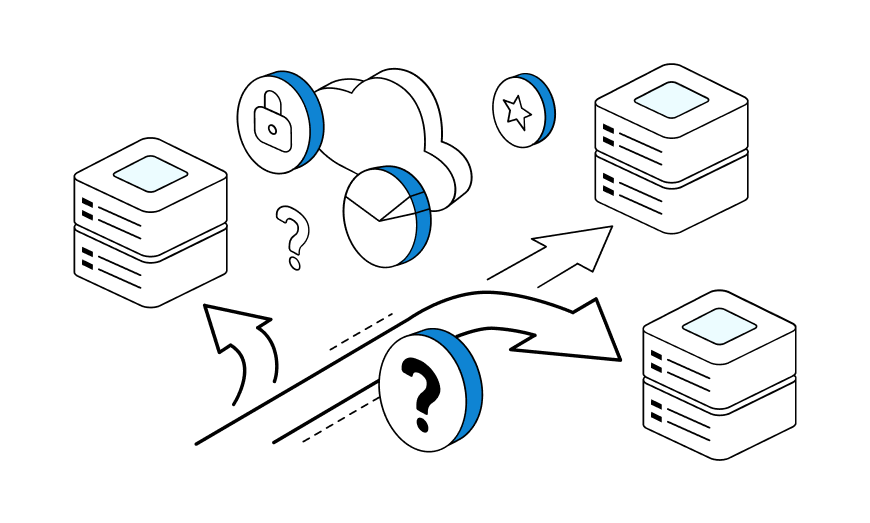

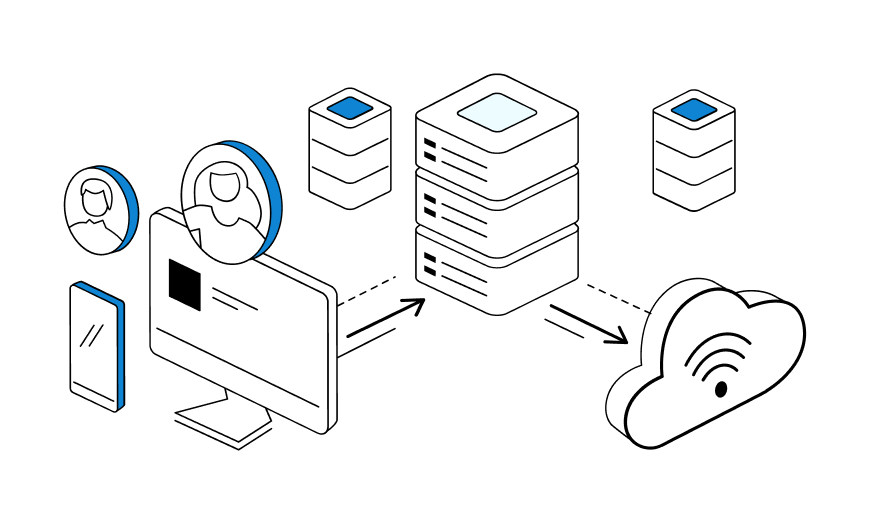
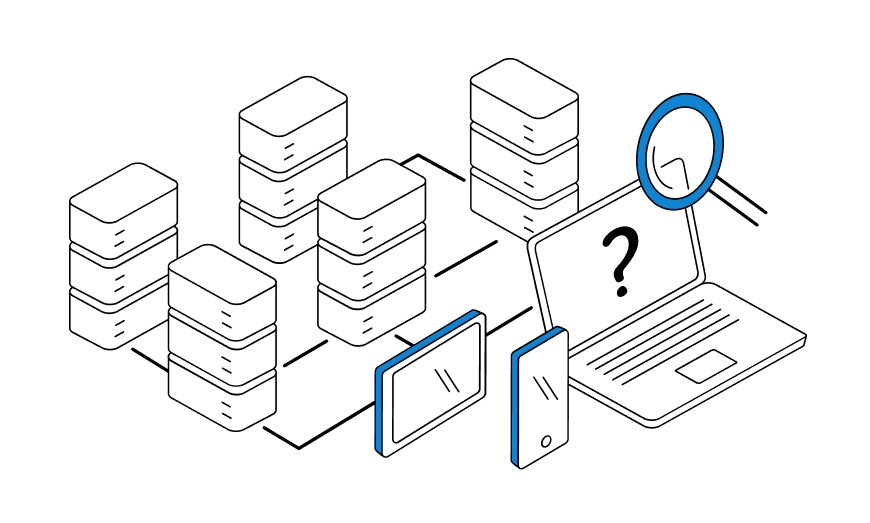
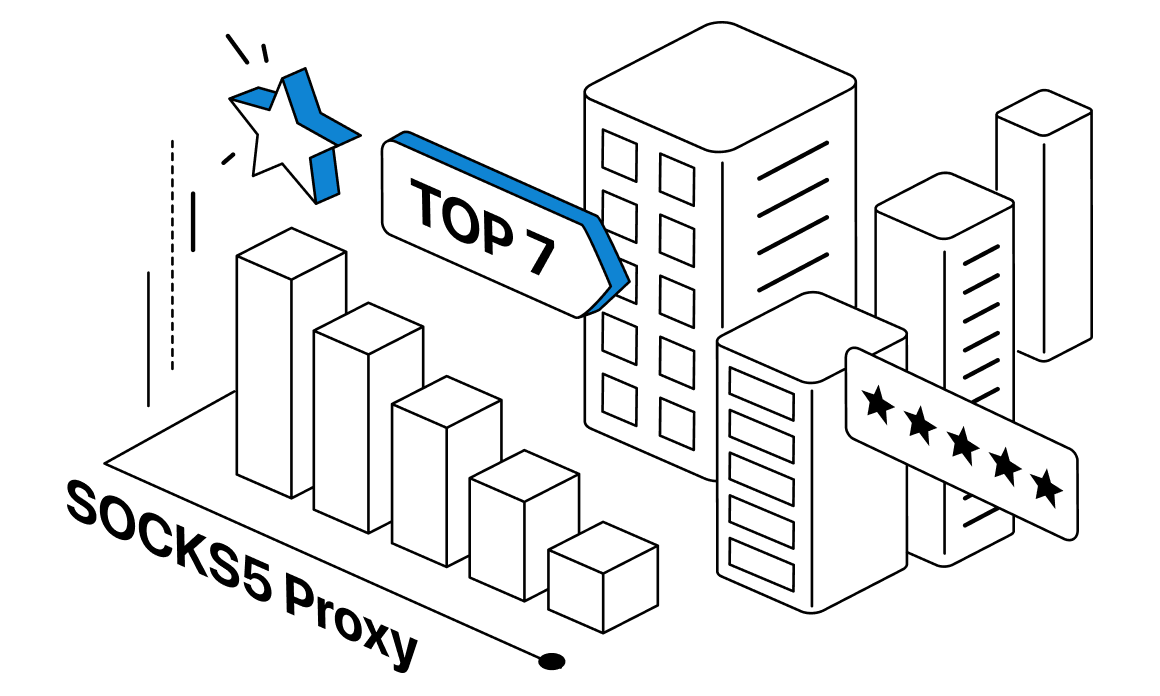
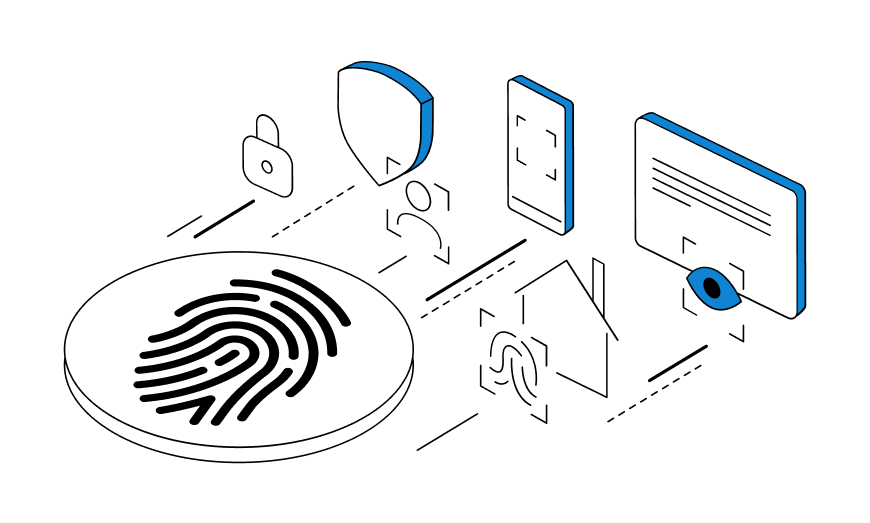

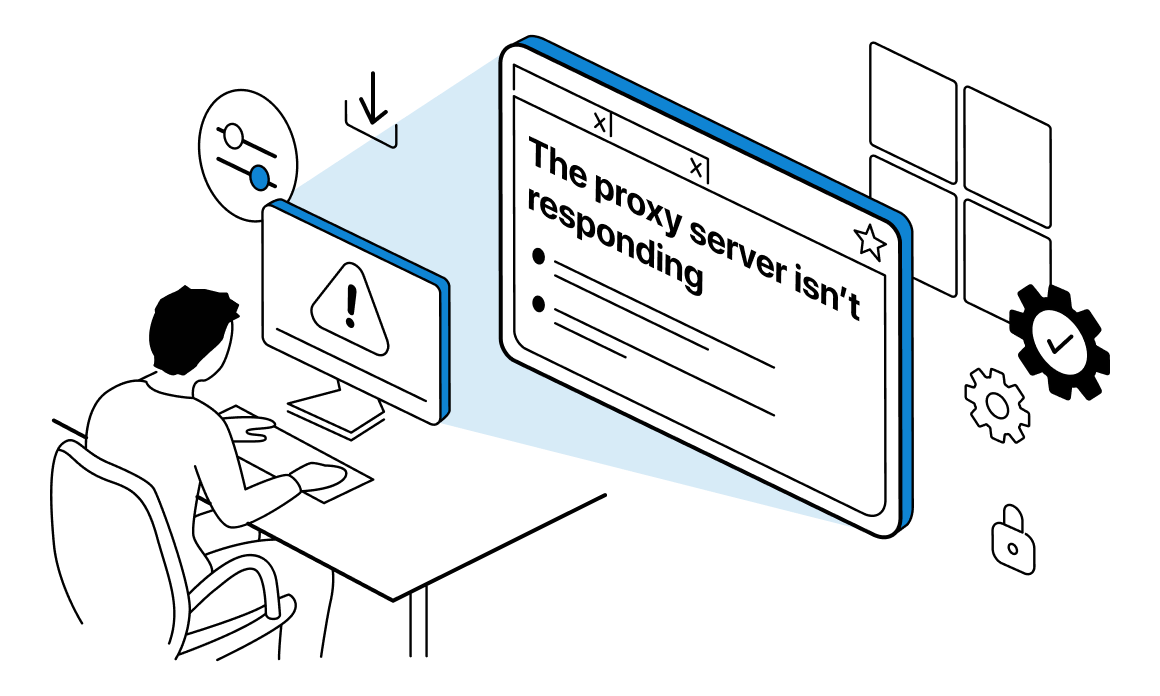
You might have already heard about proxies and proxy servers in case you are actively using the Internet. But if you lack some knowledge about it and ask yourself frequently “what is a proxy?” and “how does a proxy server work?”, this article will help you catch up with this web technology and reveal all the benefits of using proxy servers.